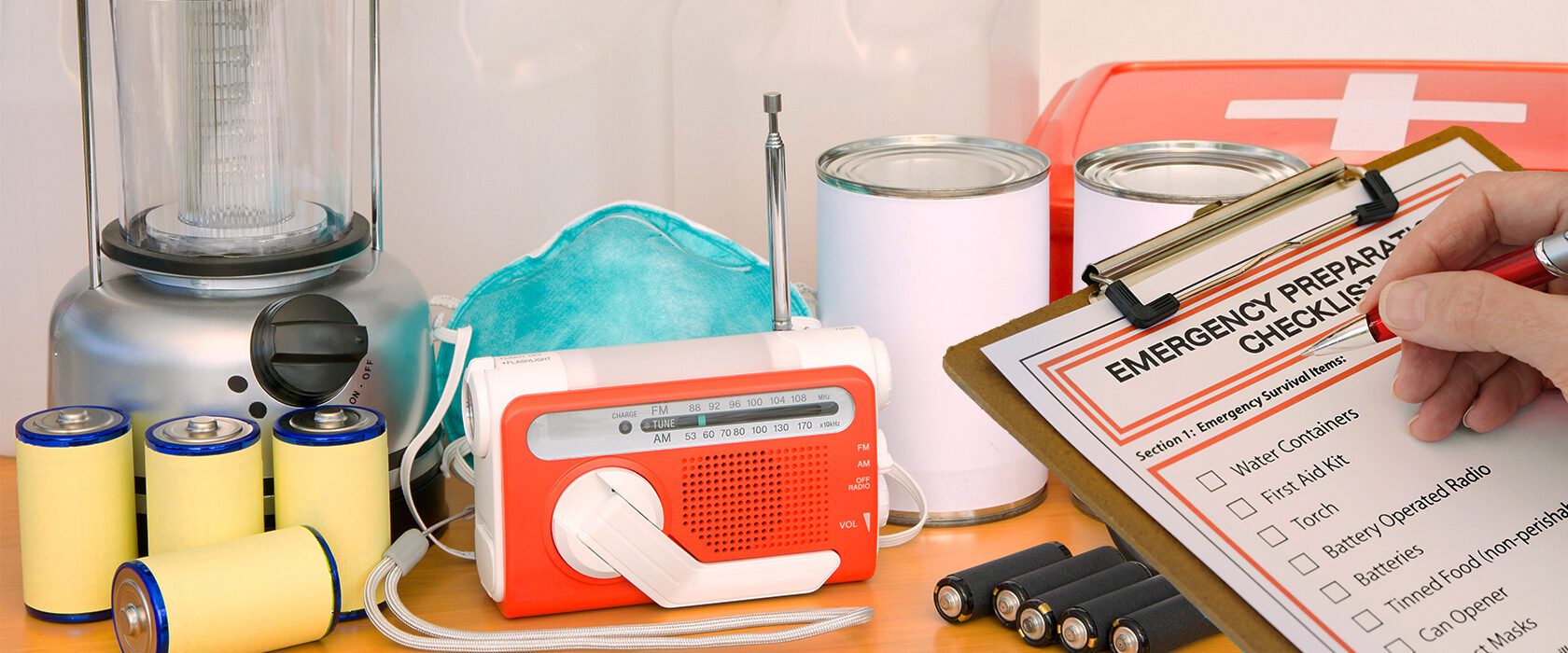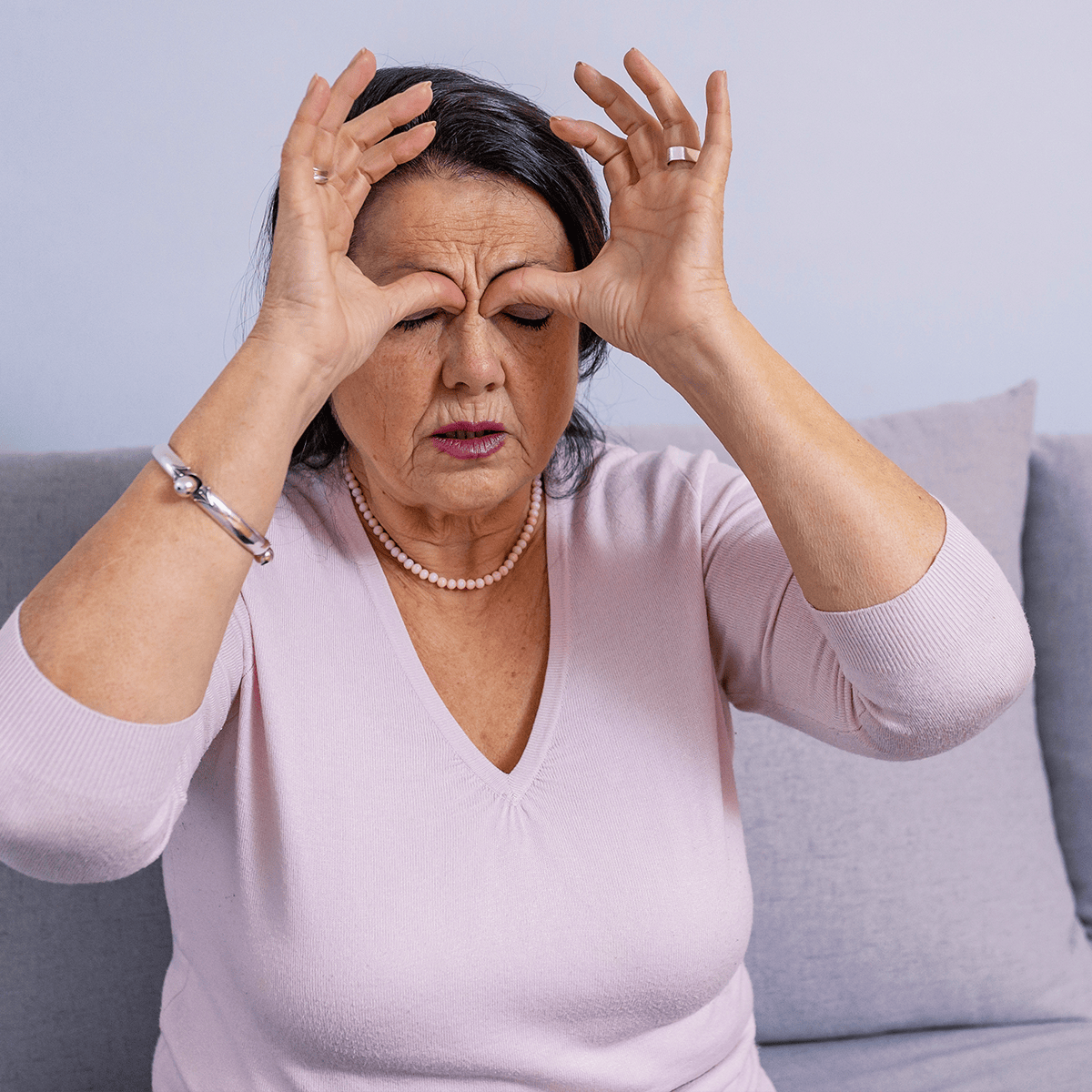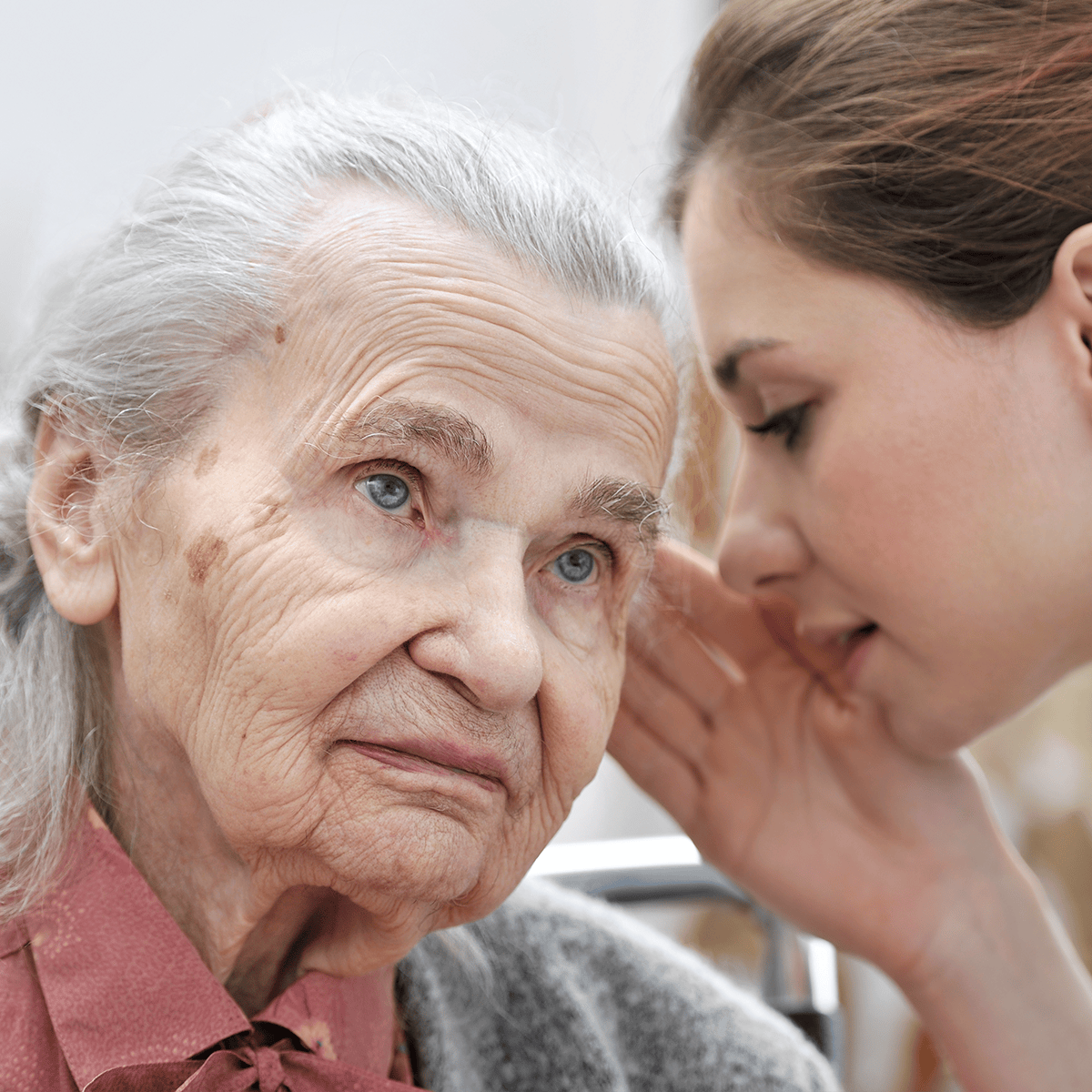Tips for Emergency Preparedness for Hard of Hearing

Natural disasters and emergencies can happen at any time, often without warning, and according to recent research from the American Red Cross, older adults are often more vulnerable and experience more casualties after natural disasters when compared to other age groups. That’s why it’s so important for seniors – and those who care for them – to be prepared for emergencies. For seniors who are hard of hearing, being prepared is especially important and may require a few extra steps to ensure their safety. While we may not be able to predict every natural disaster, we can certainly help you be prepared!
Emergency Preparedness Tips for Hard of Hearing
The best time to prepare for an emergency is before it happens. The following information is intended to help people who are hard of hearing or deaf stay prepared and know how to respond in many situations.
When preparing for a natural disaster, it’s important to recognize that that will look different depending on where you live. For example, Florida residents need to prepare for tropical storms, floods and hurricanes, while people living in California should prepare for earthquakes, droughts and wildfires. A couple of great ways to stay updated on natural disasters and emergencies is to keep a NOAA Weather Radio tuned to your local emergency station. You can also download the FEMA app to receive weather alerts for up to five locations anywhere in the United States!
Create a Plan
Once you’ve identified the types of natural disasters you should prepare for, the next thing to do is create a plan. Here are a few tips to help you create your emergency preparedness plan:
- Ensure your alarm system is working: if you are hard of hearing, it’s important for you to have an effective alarm system in place to alert you of potential emergencies. We recommend installing an emergency alerting system that uses sound, light, vibrations or a combination of these techniques.
- Identify your contact person: in the event of a natural disaster, it’s important to have at least one person who will check in on you. This could be a neighbor, friend or family member.
- Create a contact list: this list should include contact information for family and friends. The Red Cross recommends keeping this list in your Emergency Supply Kit (more on that later) as well as near your phone. You can even input these contacts right into your ClearCaptions Phone.
- Create a Care Plan: whether you live in a community or on your own, it’s important to have a care plan written out so that your health needs are clear. Make sure you include information about your existing medical conditions, allergies, medications and prescriptions, as well as information about your doctors and copies of your insurance cards. The CDC offers an easy-to-use care plan template, and we recommend keeping this in your Emergency Supply Kit. Some things to consider as part of this care plan:
- Power needs: do you have medical devices that need power to operate? What about medicines that need to stay cold in the event of a power outage? Or extra batteries for hearing aids? This is a great opportunity to consider your backup plan for these needs.
- Secure Property or Renter’s Insurance: whether you own your home or are simply renting, make sure that your personal effects and property have the correct disaster coverage.
- Plan your evacuation route: similar to your Care Plan, regardless of where you live it’s important to understand your exit routes and keep a copy in an easy to reach place.
If you are someone who might have medical, transportation or other specific needs during an emergency, consider signing up for SMART911, Code Red, or your local county registry. This is how your local first responders will identify people who need immediate assistance.
Create an Emergency Supply Kit
When creating your emergency supply kit, there are two parts to consider: your emergency medical kit and your disaster supplies kit. Emergency medical kits will look different for each person depending on their medical needs:
According to the Red Cross, an emergency medical kit should include:
- Medications: if possible, try to have at least a 3–6-day supply of your medications, along with an updated list of what you’re taking and what doses you need of each. Keep an insulated bag that can hold any medications that need refrigeration along with ice packs in the freezer.
- Medical equipment: this could include items such as blood sugar monitoring equipment, an extra pair of glasses and/or dentures. If you are hard of hearing and wear hearing aids, if possible, include an extra set of hearing aids, or a set of hearing aid batteries.
- Written treatment information: request a copy of your medical records from your healthcare provider, as well as copies of Medicaid, Medicare or other insurance information.
Here are some of the items the Red Cross suggests including in your disaster supplies kit:
- Maps: local and regional maps in case roads are blocked.
- Water: at least 1 gallon per person per day, and at least a 3-day supply.
- Food: at least a 3-day supply of canned and dried foods that won’t spoil.
- Clothes and blankets: one blanket per person, as well as one complete set of clothing including a long-sleeved shirt, long pants, shoes and outerwear.
- Cash: it’s a good idea to have at least $50, or as much as you can.
- First aid kit: the Red Cross provides a comprehensive list of what to include in your first aid kit, or you can purchase a pre-packaged kit.
- Hygiene products: soap, toothpaste, toothbrush, sunscreen, hand sanitizer, toilet paper, baby wipes, a few trash bags, extra contacts and contact solution (if needed) and if you’re hard of hearing include waterproofed/sealed containers that are large enough to hold hearing aids or cochlear implants.
- Pen/pencil and paper: If you have trouble hearing, this is a simple yet effective way to communicate with emergency responders.
- Additional supplies: a manual can opener, flashlights, battery-powered radio, extra batteries, waterproof matches, knife, resealable plastic bags, tin foil, cups, plates, basic cooking and eating utensils (fork, spook, knife), emergency whistle and a battery- or solar-powered charger.
Emergency Preparedness and Your ClearCaptions Phone
In the event of a power outage, your ClearCaptions phone may need to be reset. Here’s a quick step-by-step guide to reset your phone:
- Locate the red button on the back of the caption phone. Press and hold for three seconds then release.
- Allow the phone to complete its power-up process; you’ll see the progress on the phone screen.
- The phone will automatically connect to the internet and complete a series of checks and updates; allow this process to fully complete.
- After following these three steps, your caption phone should now be fully reset and updated to ensure you can continue to get the most accurate call captioning. You can also download our reset guide to have on-hand. If you have any questions or need additional help, please call our Customer Support Team at 866-868-8695.
We hope you find these emergency preparedness tips helpful! Of course, we hope that you never have to experience a natural disaster or emergency of this level, but if you do, these tips can help you be better prepared.




